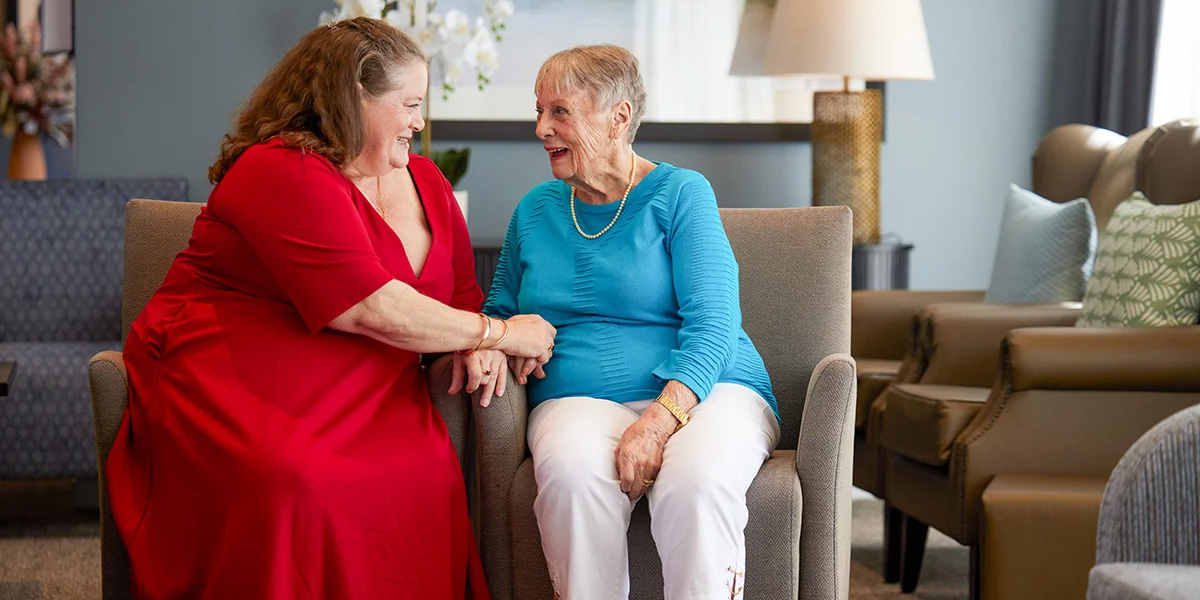Understanding anxiety in older adults
Understanding anxiety in older adults
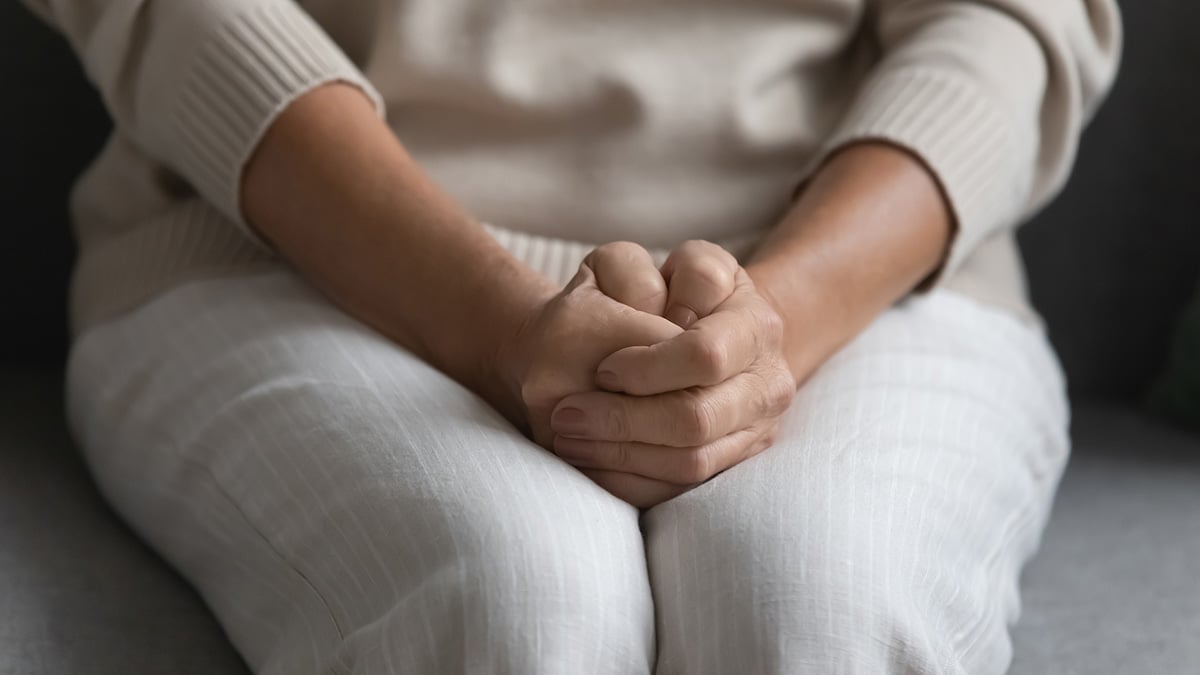
What causes anxiety in older adults?
While it's normal for everyone to worry from time to time, persistent anxiety can significantly affect your physical and emotional wellbeing. Some of the stressors that trigger anxiety in older adults are commonly related to ageing, such as:
- health issues,
- retirement, and
- the loss of loved ones.
Recognising the signs and understanding what is causing your anxiety is important, as it enables you to find the right support to overcome it.
The physical challenges of ageing
A common cause of anxiety in older adults are the physical challenges of ageing. If you are experiencing health issues such as illness or mobility problems, you may worry about how you will cope in the future and have concerns that you will become a burden on your family.
Social isolation and grief
Feelings of social isolation and grief can be difficult, especially if you have experienced the loss of a beloved partner or friends. If you no longer feel comfortable driving, it may be hard for you to get out and about, increasing your feelings of loneliness.
Fears around money and security
Financial concerns can cause significant anxiety, especially if you're worried about the rising cost of living on a fixed income. Safety can also become a concern if you live alone, particularly if you're beginning to feel unsteady on your feet or have medical issues.
Anxiety around change
Major life transitions, such as retiring from work or moving to a retirement village, can be unsettling. It can be difficult to know what the right next step is for you, but knowledge is power. If you’d like to know more about independent or assisted living in a retirement village, you can find some useful information here.
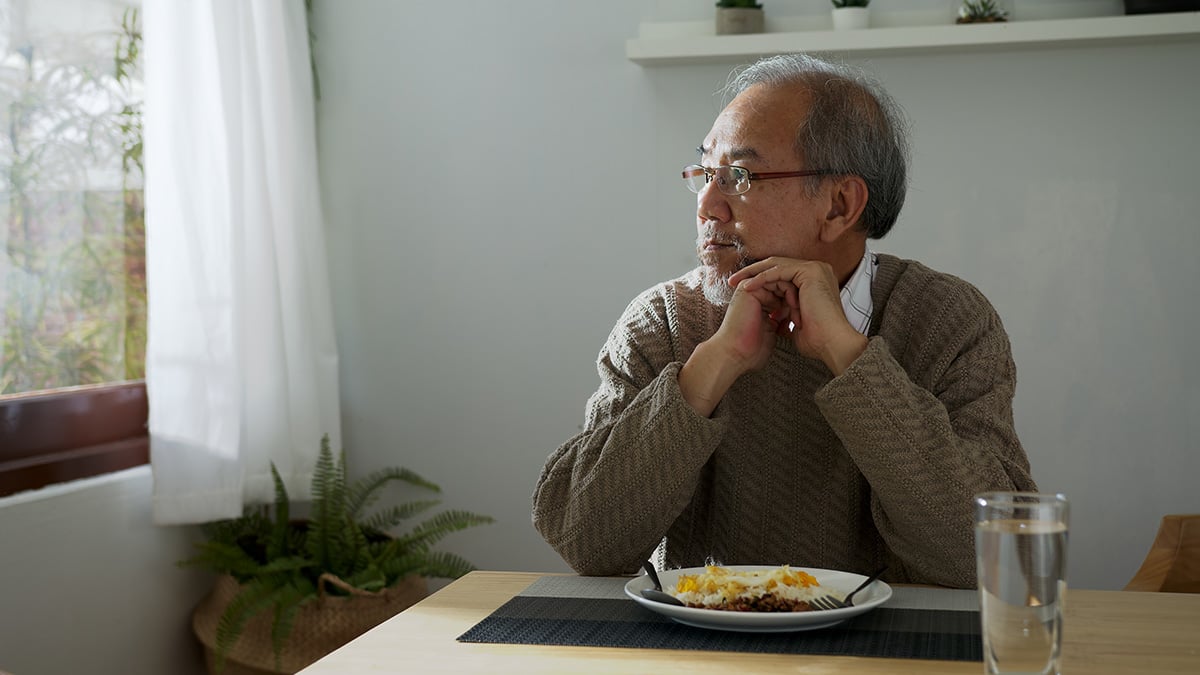
What is the most common anxiety disorder in older adults?
Generalised Anxiety Disorder (GAD) is believed to be the most common anxiety disorder in older adults. Sufferers of GAD experience excessive and persistent worry about everyday things, and if you have it, it can significantly impact your quality of life. Over time this prolonged state of stress can lead to:
- feelings of depression,
- a loss of interest in daily activities, and
- lack of hope for the future.
If you think you might be suffering from anxiety or depression, talk to your doctor. Many people go through the same thing – you are not alone, and there is help available.
Anxiety sometimes worsens with age due to a combination of physical, emotional, and psychological factors. A decline in physical health and strength can make you feel more vulnerable, leading to increased worry about the future.
If you are struggling to manage daily tasks or feel unsafe living alone, assisted living in a serviced apartment can reduce anxiety and enable you to maintain your independence for longer. Assisted-living apartments come with support that makes life easier, like housekeeping and a chef-prepared meal every day.
Overcoming anxiety related to aging usually involves a combination of:
- mindset shifts,
- lifestyle changes, and
- practical strategies to maintain your mental and physical wellbeing.
If you’ve ever wondered, "what is the best treatment for anxiety in older people?", the answer often includes a mix of:
- physical activity,
- sleep hygiene,
- social support, and sometimes
- professional care.
So how do you overcome ageing anxiety? Here are some strategies to try:
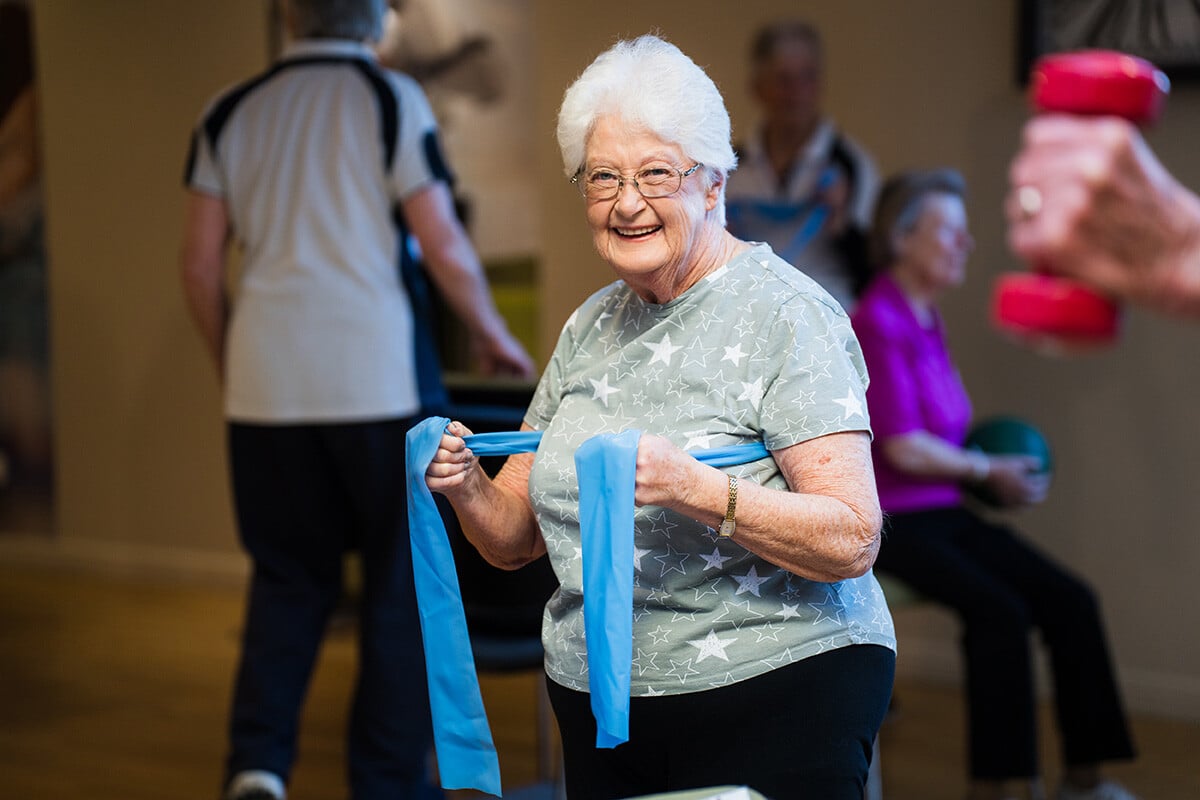
Stay physically active
Regular exercise improves physical health and releases mood-boosting endorphins which are great for reducing stress. Staying (or becoming more) active can increase your independence and self-confidence.
Just getting out for a walk each day can be enough to lift your spirits. Lifting weights and using resistance bands will help you maintain muscle mass and strength for longer. If you are new to a particular exercise routine, you may want to consult with your doctor first to check that it will be safe for you. As you get stronger and fitter, you are likely to find that anxiety around ageing will reduce.
For some inspiration, check out Ryman resident Leigh, who lives his life like someone 20 years younger and has written books on how to slow the ageing process through exercise and a good diet.
Get enough sleep
If you’re struggling to sleep, your ability to cope with stress will reduce, making it harder to think clearly and handle daily tasks. Getting enough sleep helps regulate the stress hormone cortisol, making it easier to cope with challenging situations. Some helpful sleep tips can be found here. This is a common problem so it’s worth checking with your doctor to see what treatment options are available.
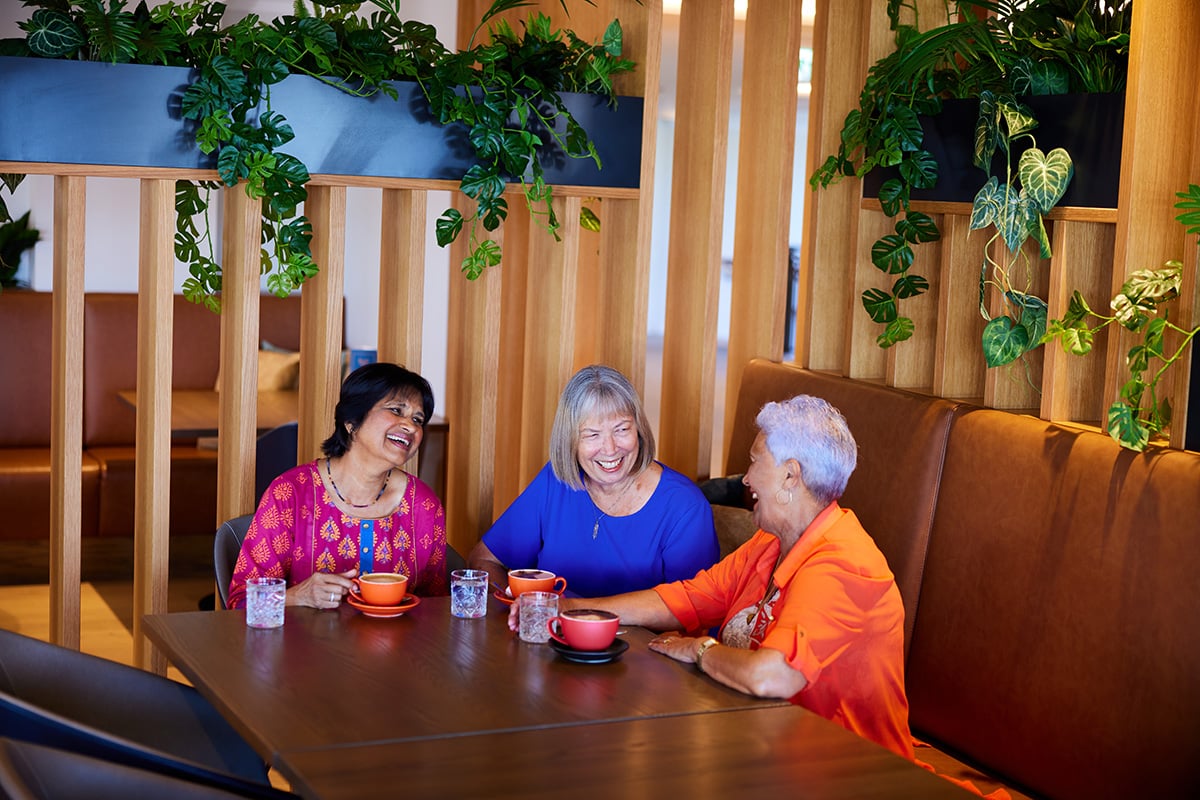
Nurture social connections
Spending quality time with friends and family can help with anxiety, particularly if they are at a similar stage of life to you. They may have experiences or concerns in common with you that make them more empathetic and understanding. Sometimes, just knowing you’re not alone can help.
Fostering meaningful relationships will provide you with emotional support and reduce loneliness, which is a significant contributor to anxiety. Joining clubs, volunteering, and finding hobby groups can also help combat isolation and make it easier for you to meet people, like this group of retirees who spend time eating out, going to the theatre, and travelling together.
At Ryman villages, one of the biggest benefits for residents is becoming part of a friendly community, like fishing buddies Neil and David, who are often mistaken for lifelong friends, despite only meeting for the first time in a Ryman village.

Consider Cognitive Behavioural Therapy (CBT)
CBT is a form of talk therapy that can help you identify and challenge negative thought patterns and behaviours that contribute to anxiety, while also teaching coping strategies to manage stress.
Try relaxation techniques
Deep, slow breathing and progressive muscle relaxation (tensing and then slowly relaxing different muscle groups in your body) can help reduce physical tension and calm your nervous system. Mindfulness practices such as meditation and yoga can help you to stay in the present moment and reduce the tendency to dwell on anxious thoughts.
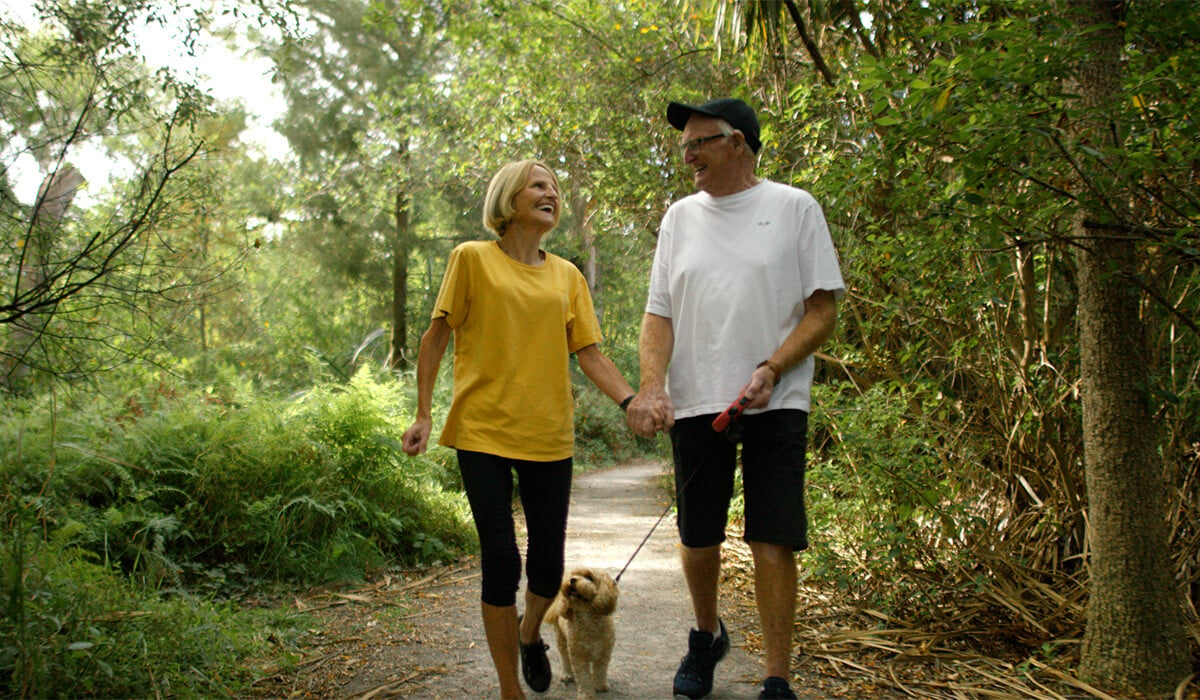
Anxiety doesn’t need to be part of your retirement years
If you do suffer from anxiety, it can help to know that you have support on your doorstep if you need it. At Ryman, we’ve built communities designed to promote physical and mental wellness, thriving social connections, and a stress-free lifestyle.
You can relax and let go of your worries because we’ve got it covered. We take care of things like home maintenance, gardening, and security, plus our villages offer a range of activity and entertainment options that make the most of our beautiful village amenities.
Exercise is a great way to help relieve anxiety and our ACC-accredited Triple A fitness programme is free for all residents. Some Triple A exercise videos are available here for you to try at home – just check with your doctor if you are unsure whether an exercise is safe for you to do.
Come for a visit and explore our state-of-the-art amenities and supportive village communities. Discover how living in a Ryman village can help you enjoy peace of mind, independence, and wellbeing.
For more information, please contact us. We’d love to hear from you.
by Christine McCurdy | Jun 12, 2025
Subscribe to our blog newsletter
You May Also Like
These Related Stories
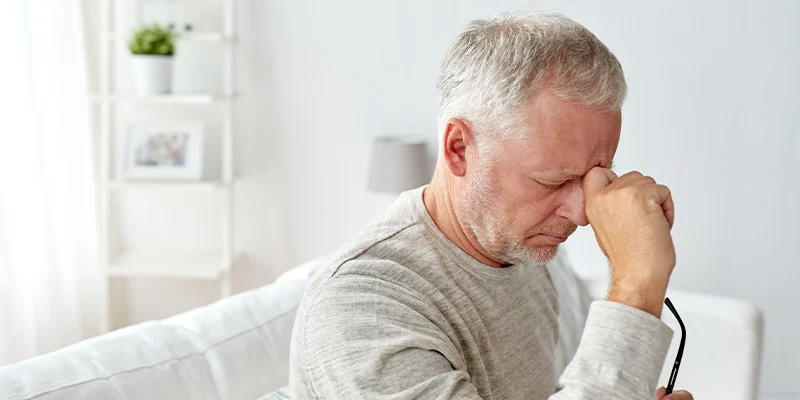
Sleep and insomnia in older adults
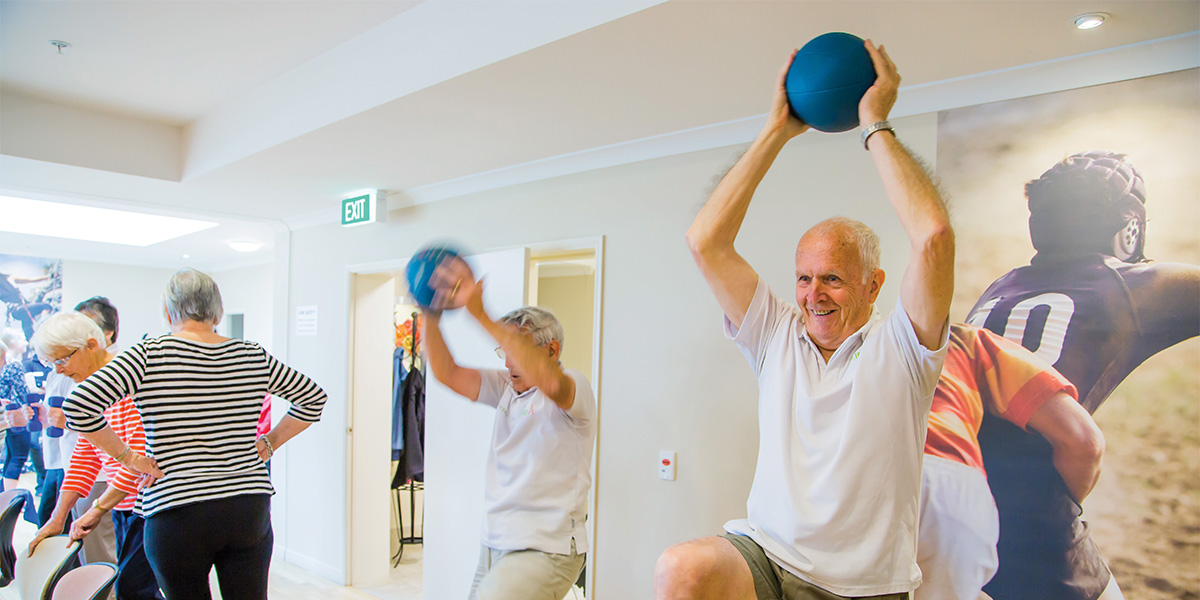
Hip exercises for seniors
